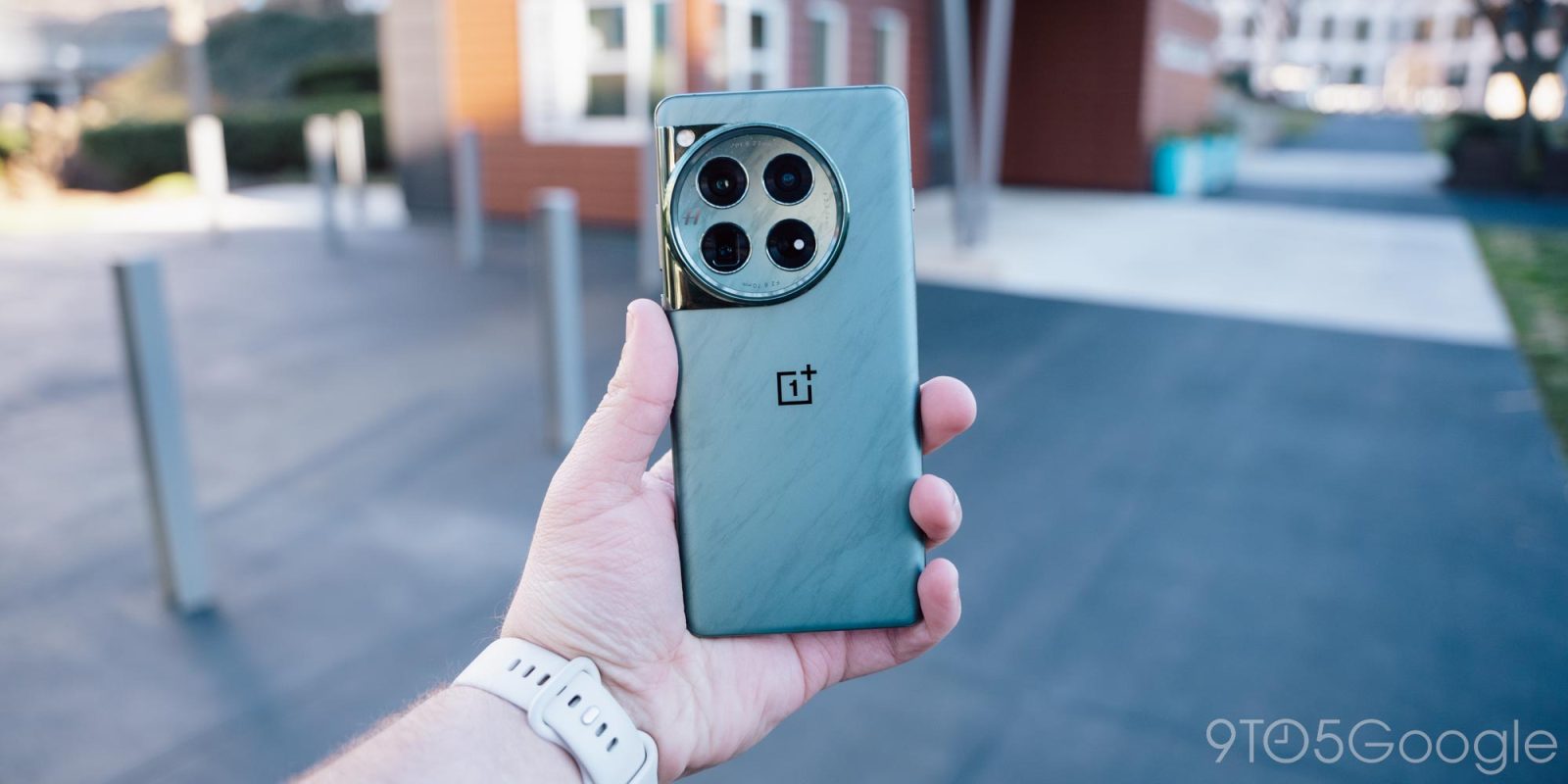
Following the Google Pixel 8 series, Samsung matches the new industry-leading 7 years of Android updates on its Galaxy S24 series, but OnePlus says that “completely misses the point.”
Long-term support in Android has long been a problem, as many Android devices were abandoned after barely a year, or would get updates with massive delays. Samsung pushed the boundaries for a while with a longer update policy, and Google then set the new industry standard with a whopping 7 years of Android updates on the Pixel 8 series. That beat even the iPhone.
OnePlus, though, continues to offer 4 years of major Android updates and 5 years of bi-monthly security updates on its latest OnePlus Open and OnePlus 12. The timing of that latest launch, though, left some wondering why OnePlus didn’t follow the lead of Google and Samsung.
According to OnePlus, offering 7 years of Android updates “completely misses the point.”
In an interview with Tom’s Guide, OnePlus President Kinder Liu explains that just adding years of software updates isn’t enough, as the “fluency of your phone’s user experience” has to match that timeline. Essentially, the experience has to be good enough in 7 years that those updates actually matter.
To illustrate, Liu compares using a smartphone to a sandwich.
Simply offering longer software update policies completely misses the point. It’s not just software update policies that are important to the user, it’s the fluency of your phone’s user experience too.
Imagine your phone is a sandwich. Some manufacturers are now saying that the filling in their sandwich — their phone’s software — will still be good to eat in seven years’ time. But what they’re not telling you is that the bread in the sandwich — the user experience — might be moldy after four years. Suddenly a seven-year software update policy doesn’t matter, because the rest of your experience with the phone is terrible.
9to5Google’s Take
The point Liu is making here is quite clear. Years of software updates won’t matter if you can’t guarantee that the experience of using the device measures up. And, admittedly, that’s a genuine concern for the promises Google and Samsung are making, especially in the Pixel’s case.
Top comment by SubZeroPT
Really don't agree with this, at least regarding flagship devices.
Their SOCs have plenty of headroom for future updates.
The biggest problem might be the batteries, but those usually can be replaced.
However, by saying this, OnePlus is also inadvertently saying that it can’t guarantee the experience for that long, or at least it won’t try to. It’s totally valid, at least in my book, for OnePlus to not support its phones for quite as long. Software updates aren’t free, and OnePlus phones are sold for less than their Google and especially Samsung counterparts. The OnePlus 12, as we said in our review last week, is the best value in a flagship phone today, even without those extra years of support.
But, like all of the excuses for not using wireless charging, this just feels like an unnecessary explanation for the situation. Long-term software updates absolutely do matter, because they keep these devices safely usable for longer (potentially boosting resale value down the road too). That’s a good goal, and it’s a shame to see OnePlus saying it “completely misses the point” when the brand isn’t even trying.
What do you think?
More on OnePlus:
- OnePlus returns to Germany with OnePlus 12, 12R, and Open
- OnePlus 12 launches globally for $799
- OnePlus 12 can play ‘all’ Android games at 120fps
Follow Ben: Twitter/X, Threads, Bluesky, and Instagram
FTC: We use income earning auto affiliate links. More.




Comments